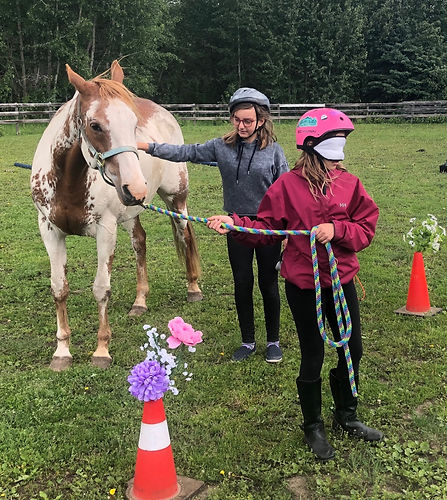
Youth Development
Young people thrive when they have solid uplifting connections in their lives!
Young people need healthy relationships. Not only do these relationships nurture growth and connection, they can actually offset the damages of toxic stress. Healthy relationships cause us to release powerful bonding hormones (Oxytocin) which blocks the effects of 'fight or flight' chemicals (such as Adrenalin and Cortisol) When kids are dealing with intense stress or struggle, it is imperative that their brain and body get a break from the damaging, stress hormones that are coursing through their bodies. Healthy relationships are a huge support so our programs ensure each Youth understands and takes action on having quality relationships in their lives.
Components of a Positive Relationship
-
You feel safe and comfortable;
-
You are listened to;
-
Your opinions are valued;
-
You are supported in what you want to do in life;
-
You and your family are respected;
-
You are treated as an equal;
-
You are accepted for who you are;
-
You are trusted;
-
You enjoy doing activities together.


What About
DEVELOPMENTAL Assets?
Developmental Assets are 40 opportunities, skills, relationships, values and self-perceptions that all young people need to succeed. The Developmental Asset Framework was created by the Search Institute, a nonprofit, nonsectarian organization whose mission is to provide leadership, knowledge, and resources to promote healthy children, youth, and communities. The Framework is a research-based tool that encourages all individuals to make a difference.
Supporting environments where assets can be built is one of the most important things we can do in the healthy development of young people.
Here are a few principles that will help guide you in your efforts:
Everyone can build assets.
Building assets isn't just about great families or schools or neighbourhoods. It requires consistent messages across a community.
It's an ongoing process.
Building assets starts when a child is born and continues through high school and beyond.
All young people need assets.
While it is crucial to pay special attention to youth who struggle - economically, emotionally, or otherwise - nearly all young people need more assets than they have.
Consistency is important.
It is important for families, schools, communities, the media, and others to give all young people consistent and similar messages about what is important and what is expected of them.
Relationships are key.
Strong relationships between adults and young people, young people and their peers, and teenagers and children are central to asset building.
Repetition is important.
Assets must be continually reinforced across the years and in all areas of a young person's life.

